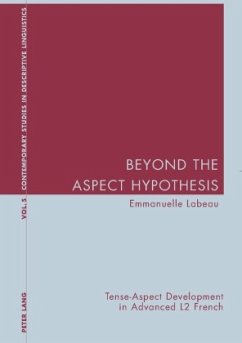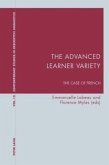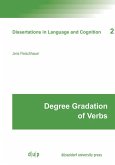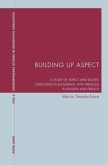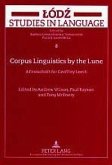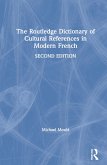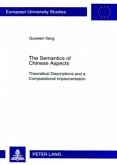The Aspect Hypothesis (AH) claims that the association of any verb category (lexical aspect) with any grammatical aspect (perfective or imperfective) constitutes the endpoint of acquisition.
The present book evaluates the explanatory power of the Aspect Hypothesis for the acquisition of French past tenses, which constitutes a serious stumbling block for foreign learners, even at the highest levels of proficiency. The present research applies the Aspect Hypothesis to the production of 61 Anglophone 'advanced learners' in a tutored environment. In so doing, it tests concurrent explanations, including the influence of the input, the influence of chunking, and the hypothesis of cyclic development. It discusses the cotextual and contextual factors that still provoke «non-native glitches» at the final stage of the Aspect Hypothesis.
The book shows that the AH fails to account for the complex phenomenon of past tense development, as it adopts a local and linear approach.
The present book evaluates the explanatory power of the Aspect Hypothesis for the acquisition of French past tenses, which constitutes a serious stumbling block for foreign learners, even at the highest levels of proficiency. The present research applies the Aspect Hypothesis to the production of 61 Anglophone 'advanced learners' in a tutored environment. In so doing, it tests concurrent explanations, including the influence of the input, the influence of chunking, and the hypothesis of cyclic development. It discusses the cotextual and contextual factors that still provoke «non-native glitches» at the final stage of the Aspect Hypothesis.
The book shows that the AH fails to account for the complex phenomenon of past tense development, as it adopts a local and linear approach.

